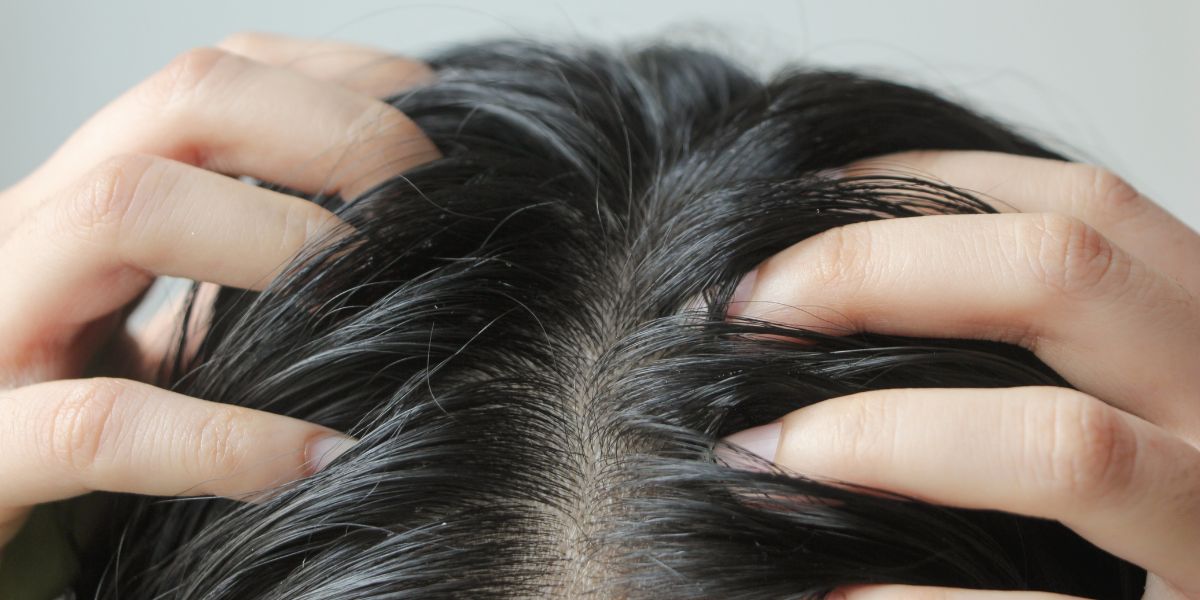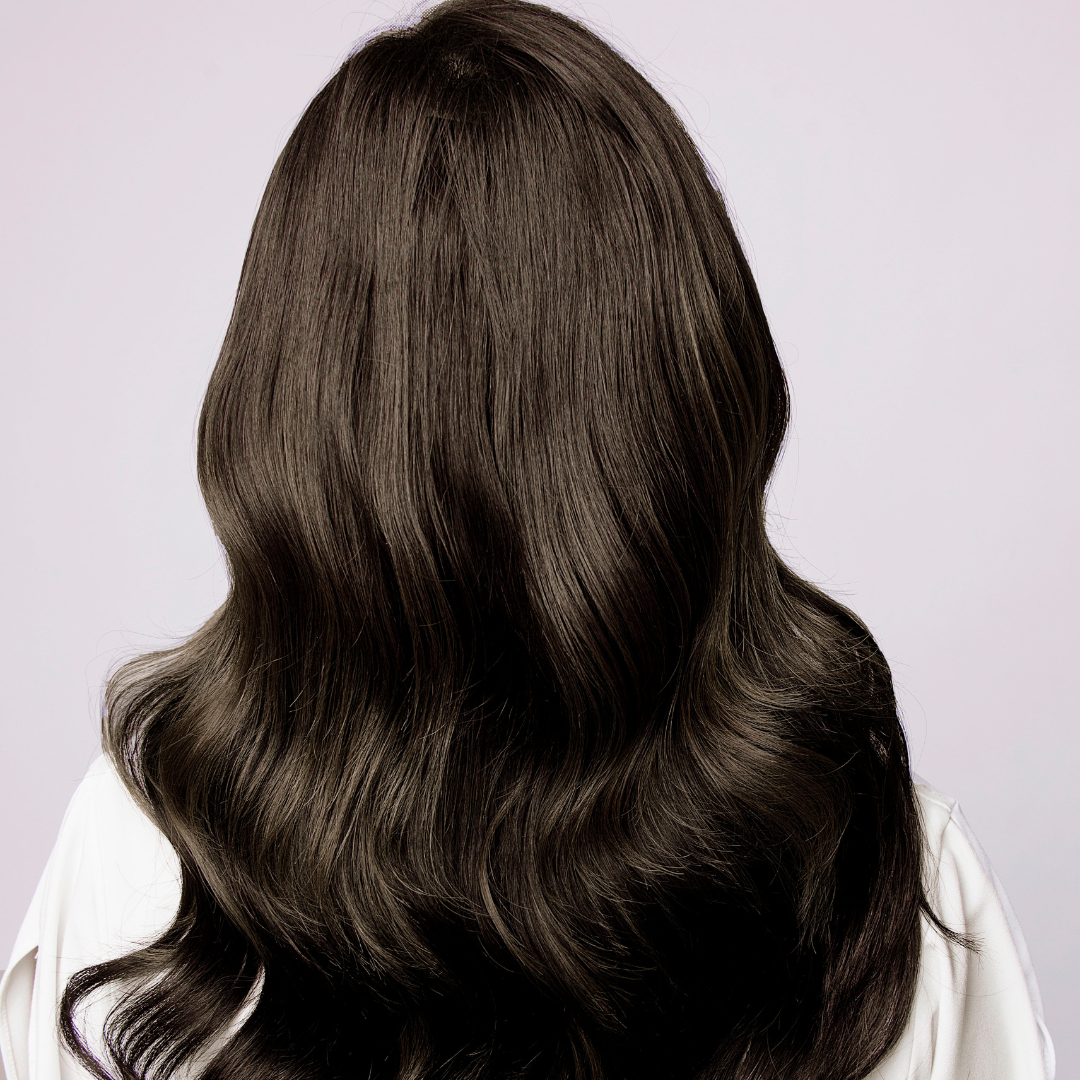Hair is an important part of our appearance, and we all desire healthy and beautiful hair. However, many people struggle with the issue of oily scalp and dry hair. If you're one of them, you may feel like you're constantly battling to maintain a healthy balance. Fortunately, with the right knowledge and approach, you can manage oily scalp and dry hair to achieve the perfect balance.
Understanding the Causes
Before we dive into the solutions, it's important to understand the common causes of oily scalp and dry hair. These include hormonal imbalances, overactive sebaceous glands, harsh hair products, and environmental factors.
Hormonal Imbalances
Hormonal imbalances, especially during puberty, can cause the overproduction of oil or sebum in the scalp, leading to an oily scalp. On the other hand, hormonal changes during menopause or pregnancy can cause the hair to become dry and brittle.
Overactive Sebaceous Glands
Sebaceous glands are responsible for producing sebum, which is a natural oil that helps to moisturize the scalp and hair. However, when the sebaceous glands become overactive, they can produce an excessive amount of sebum, leading to an oily scalp.
Harsh Hair Products
Some hair care products, such as shampoos and conditioners, can contain harsh chemicals that strip the scalp and hair of its natural oils, causing dryness and damage.
Environmental Factors
Exposure to environmental factors such as harsh weather conditions, sun exposure, and pollution can damage the scalp and hair, leading to an imbalance of oil production.
Practical Solutions
Now that we understand the common causes of oily scalp and dry hair let's discuss some practical solutions to manage them.
Use Gentle Hair Care Products
When selecting hair care products, opt for gentle and natural ingredients. Avoid products that contain harsh chemicals, such as sulfates and parabens, as they can strip the scalp and hair of its natural oils.
Avoid Over-Washing
Washing your hair too frequently can cause the scalp to produce more oil to compensate for the loss of natural oils. Try to wash your hair only two to three times a week to maintain a balance of oil production.
Incorporate Natural Remedies
Natural remedies like tea tree oil, aloe vera, and apple cider vinegar can help to balance the scalp's pH level, reduce oil production, and moisturize the hair. Tea tree oil has anti-inflammatory and antimicrobial properties that can help to reduce oiliness and soothe the scalp. Aloe vera contains enzymes that can help to remove dead skin cells and excess oil from the scalp, while apple cider vinegar can help to restore the scalp's natural pH balance.
Manage Stress Levels
Stress can disrupt the body's hormonal balance, leading to an overproduction of oil or sebum in the scalp. Practice stress management techniques, such as meditation, yoga, or deep breathing exercises, to help reduce stress levels and balance scalp and hair health.
Managing oily scalp and dry hair can be challenging, but with the right approach, it's possible to achieve a healthy balance. Understanding the causes, using gentle hair care products, avoiding over-washing, incorporating natural remedies, and managing stress levels can all help to maintain a healthy scalp and beautiful hair. Remember, consistency is key, and it may take some time to find the perfect routine for your hair type.




